When the Huber-Verlag in Frauenfeld published Claire Studer’s novellas “Die Frauen erwachen”, Friedrich Glauser ridiculed her. On 6 January 1919 in a letter to Robert Binswanger he called her a “male (!) Barbusse” in reference to the French pacifist of the same name and said that the book, in which an “insatiable woman mimed the belly dance of human love”, was enough to turn the stomach. Claire Studer – who was born in Nuremberg on 29 October 1890, the daughter of a Jewish hops trader, and became Swiss and gave birth to a daughter after marrying the publisher Heinrich Studer in 1911 – began to develop pacifist principles as a student in Geneva and was part of the Dada movement in Zurich from 1917. Emancipation and human love soon faded into the background in the works of the talented poet and author of the brilliant memoirs “Ich verzeihe keinem” (1976), making way for poetic evocations of the couple’s relationship, such as the “Poèmes d’amour” (1925) and the “Poèmes de la jalousie” (1926), which were written in French. Glauser’s description of “insatiable” was not entirely wide of the mark, but she must also have been so irresistible to the opposite sex that shortly before her death on 30 May 1977 in Paris she told Jürgen Serke: “I have the misfortune that men swarm around me like flies.”
Rilke, Werfel, Malraux and Audiberti among suitors
In 1916, long since divorced from Studer, she turned down a proposal from the Alsatian poet Ivan Goll and became Rilke’s lover in Munich for two years where she saw the “brilliance of genius” in his “unearthly, gleaming eyes”. She nevertheless had Rilke’s child aborted and returned to Goll, who became her second husband in 1921, forming one of the most outrageous couples in Parisian bohemian society for decades. The couple’s passionate love letters were matched by equally intense affairs. Ivan was captivated by the young poet Paula Ludwig, while Claire had affairs with André Malraux, Franz Werfel and Jacques Audiberti. This went on until she could no longer bear the unfaithfulness and wanted to kill herself. In 1947, after Goll’s exile in the USA, the couple returned to Paris and Claire looked after her husband, who was ill with leukaemia, until his death in 1950. But she could not let go of the great love of her life. She did everything she could to prevent his work from being forgotten and even went as far as accusing Paul Celan – completely unjustly – of plagiarising him. In his final collection of poems entitled “Traumkraut”, Goll wrote about the unfaithful companion of great men: “You are a dancer of fear / Dressed as meadow saffron / In the circle of red warriors / The bone music exhilarates you / But you never break out of the circle / And you never sway to me.”
Charles Linsmayer is a literary scholar and journalist in Zurich.
“I’m writing a novel about my last love. I want to prove to women of my age that it’s never too late for passion. I’m 82 years old but I do headstands every morning and cycle like the Emperor of Abyssinia. I adore weeds. I take Rimbaud to bed and sing the Bach cantata “I’m looking forward to death” every day. My favourite saint is Francis of Assisi. My favourite food is ice cream. But it’s no good in Germany. The German soul lies in sausage.”
Claire Goll in an interview with Elfriede Jelinek in the “Münchner Abendzeitung” on 31/07/1973
Bibliography: “Ich sehne mich nach Deinen Briefen”, the correspondence between Ivan Goll and Claire Goll and Paula Ludwig, is available from Wallstein. The letters of Rilke and Claire Goll are available as an Insel paperback.
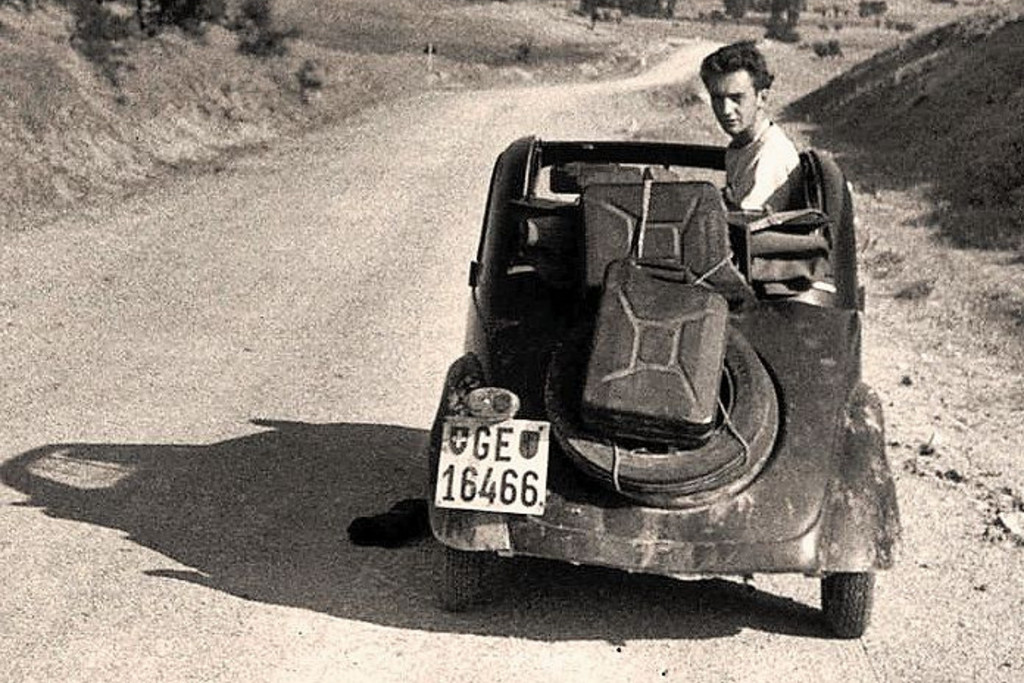
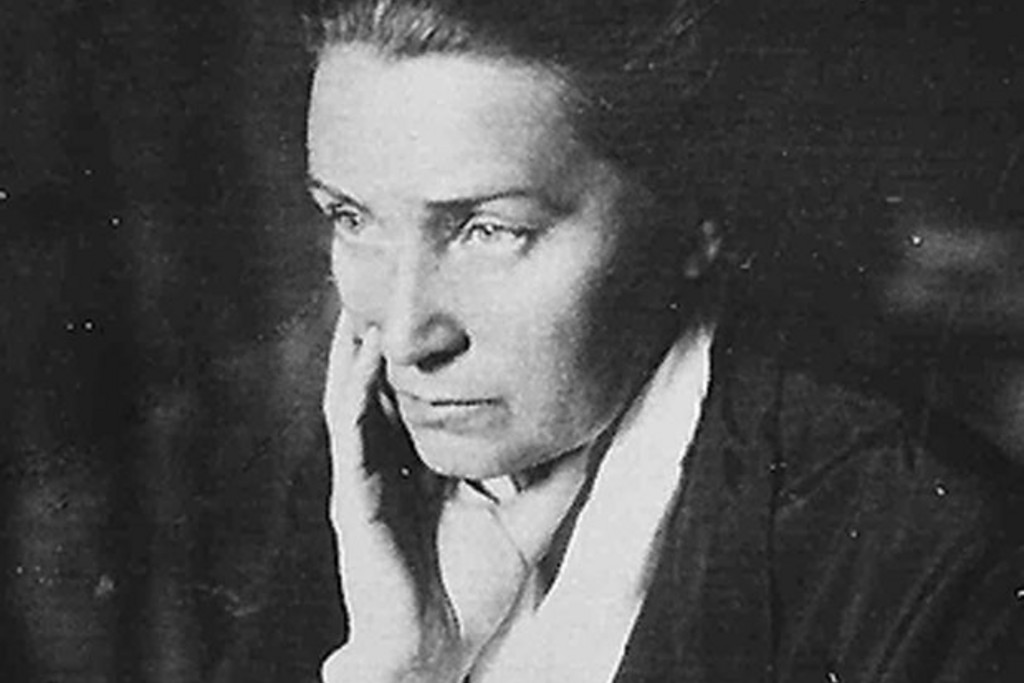

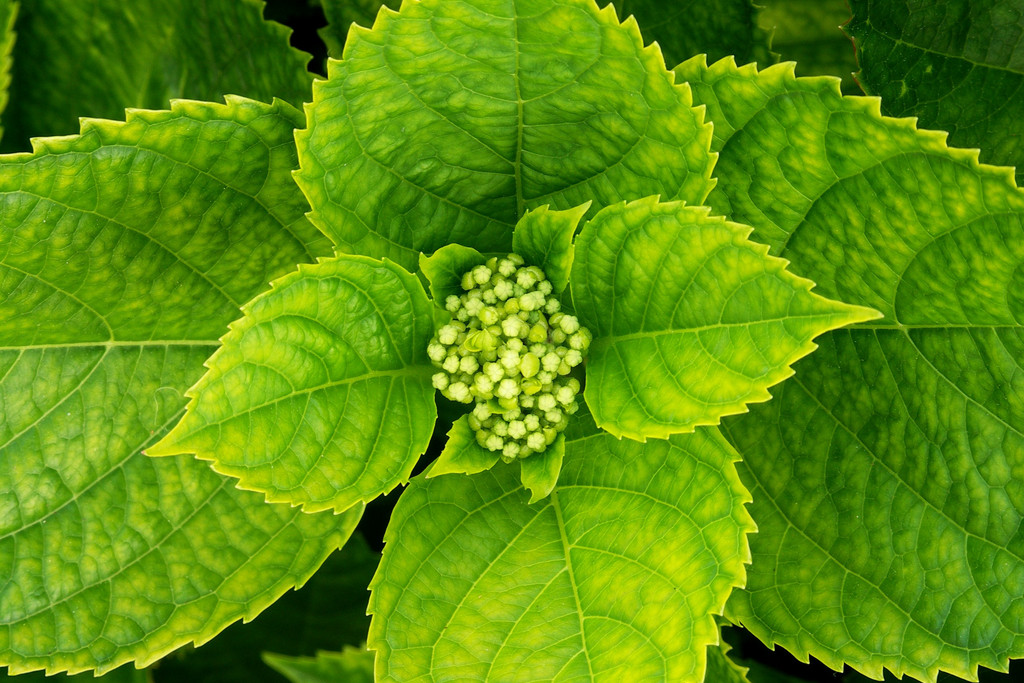
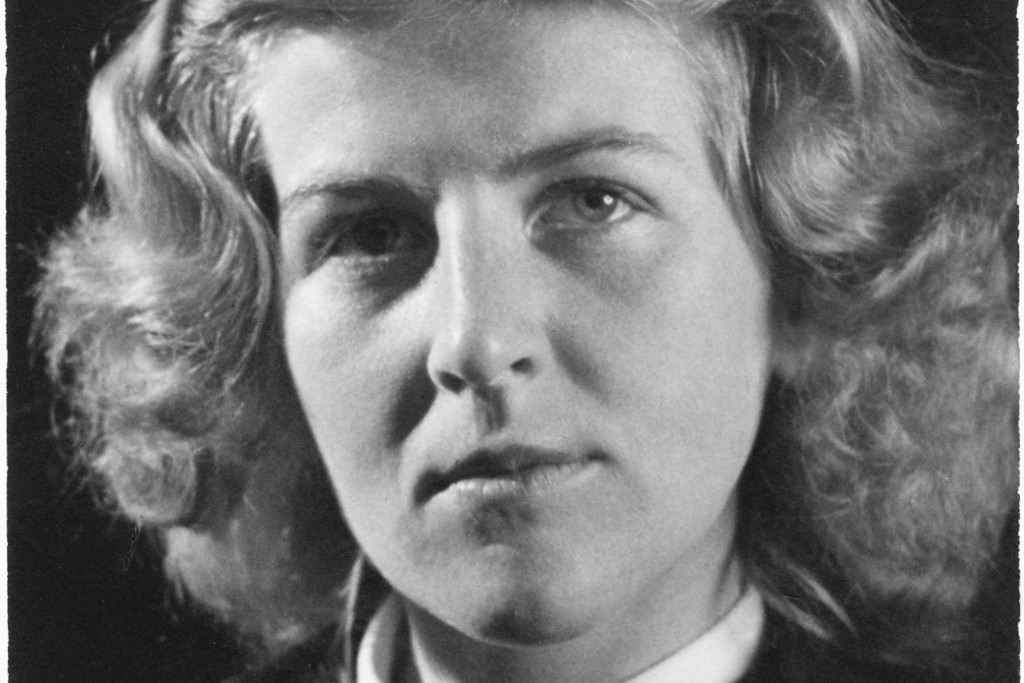
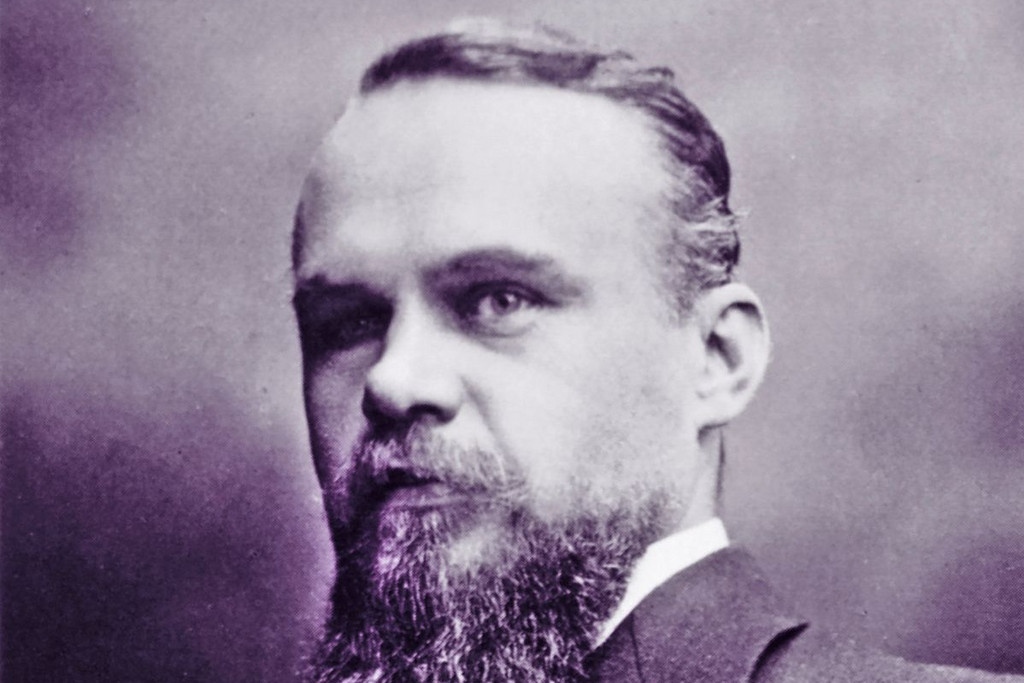
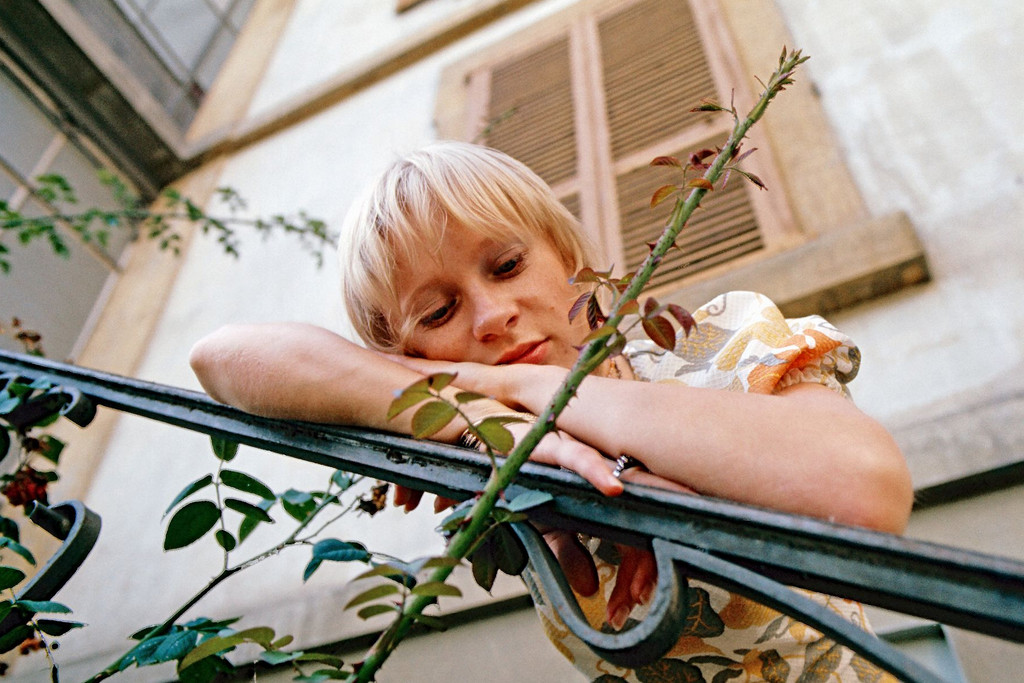
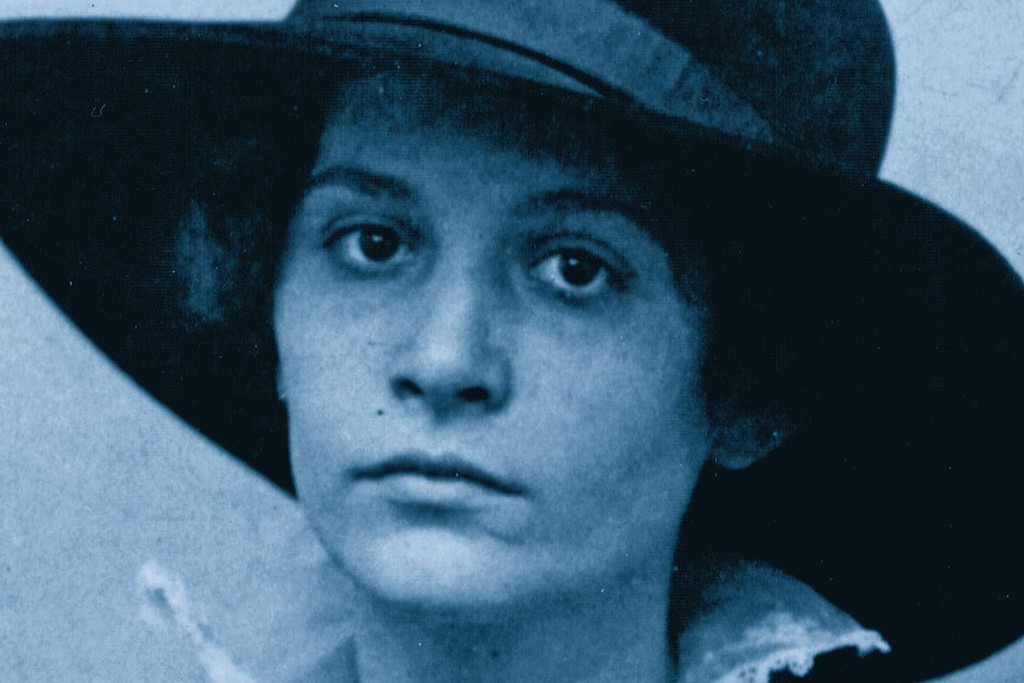



Comments
Comments :